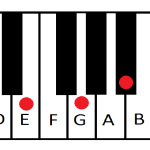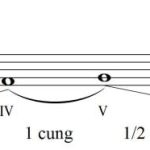Question 146: Are foreign female Employees who take maternity leaves entitled to social insurance benefits if they have fully paid HI premiums? Must Employers pay maternity allowances to foreign female Employees? If foreign female Employees return to work after a maternity leave of 4 months, must Employers pay 2 months’ salary for the period when they return to work early?
1.Are foreign female Employees who take maternity leaves entitled to SI benefits if they have fully paid HI premiums? Pursuant to the Law on SI, the condition on which female Employees are entitled to the SI benefits is they have paid SI premiums for at least full 6 months within a period of 12 months…
















